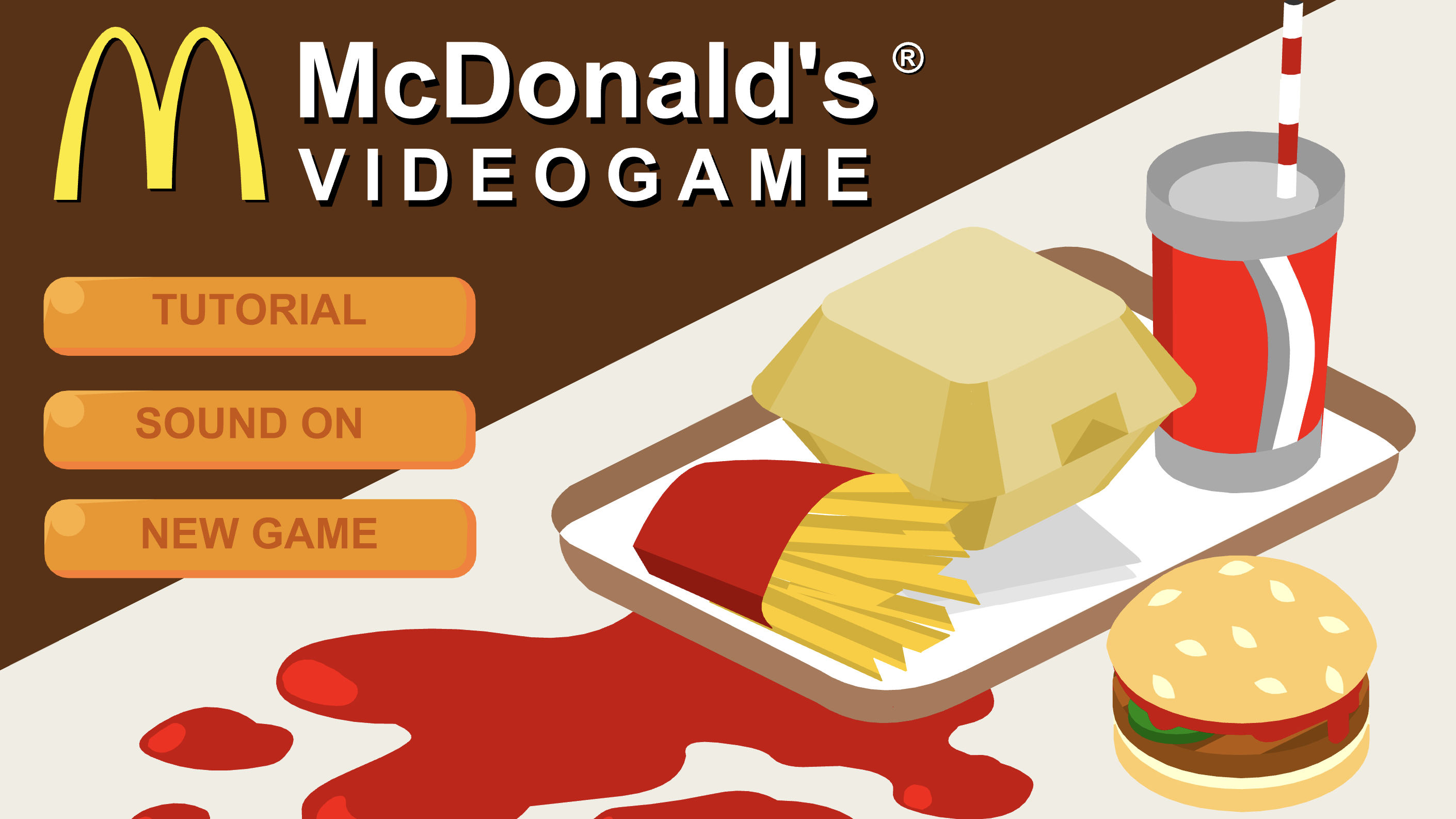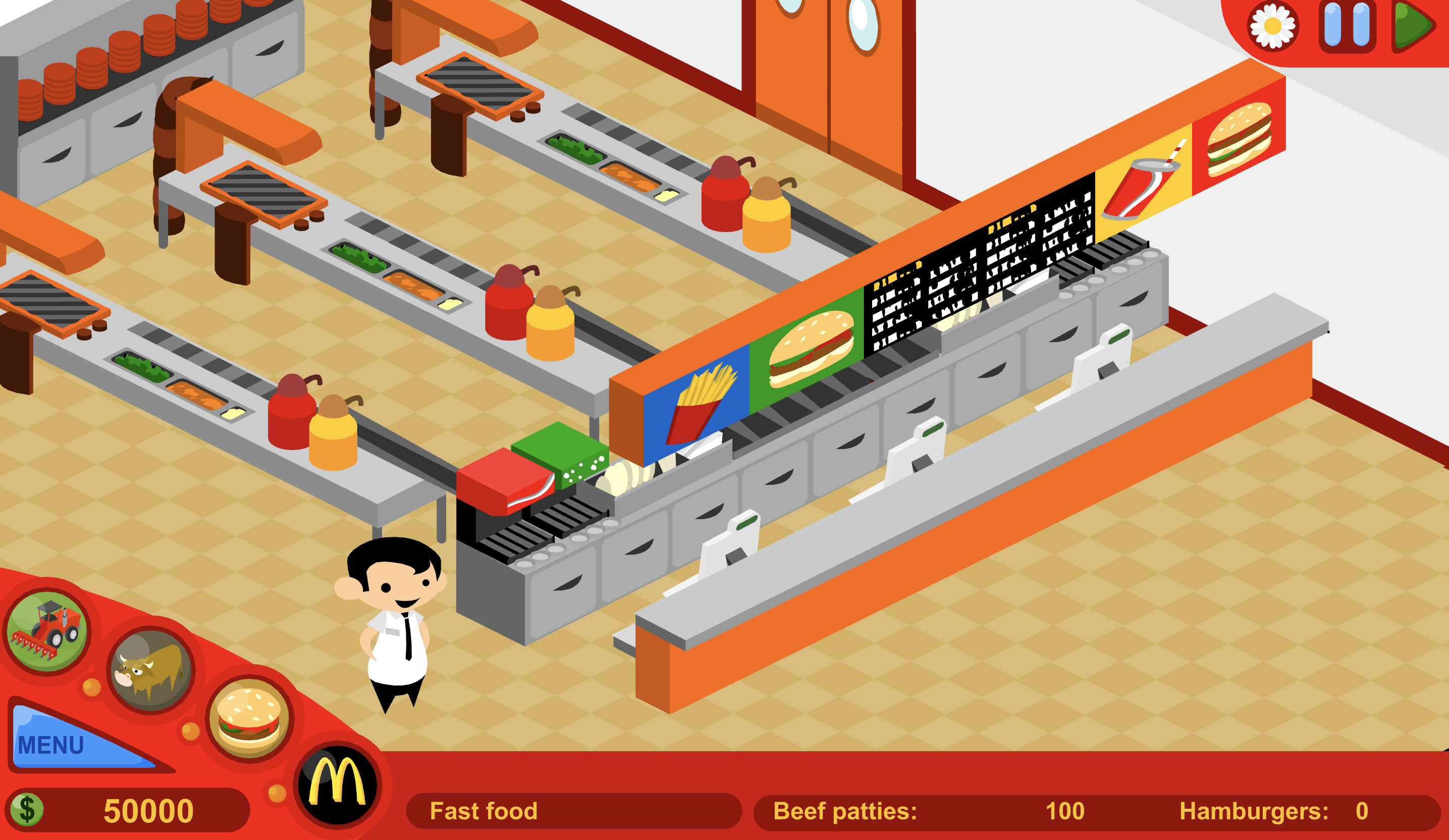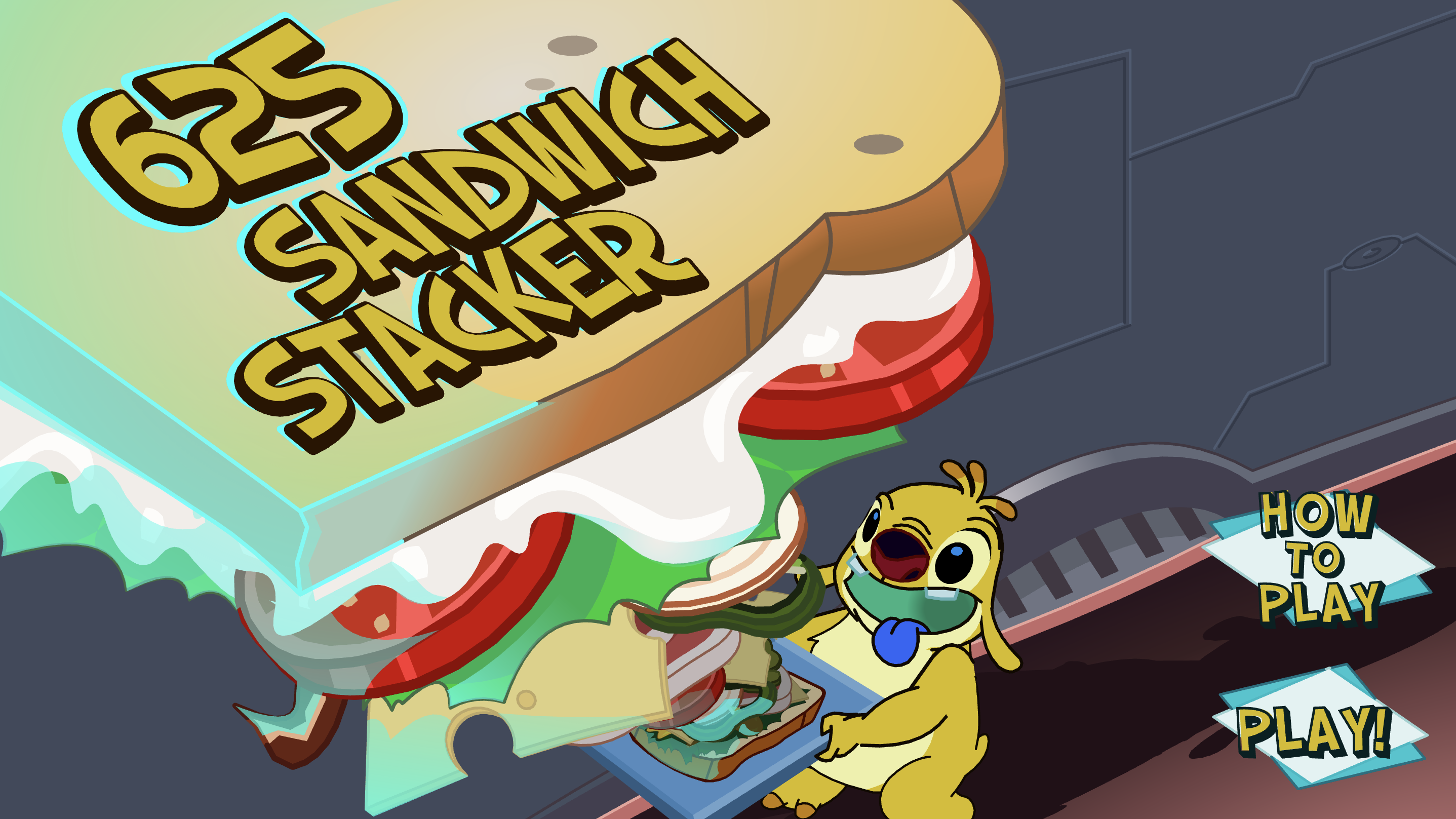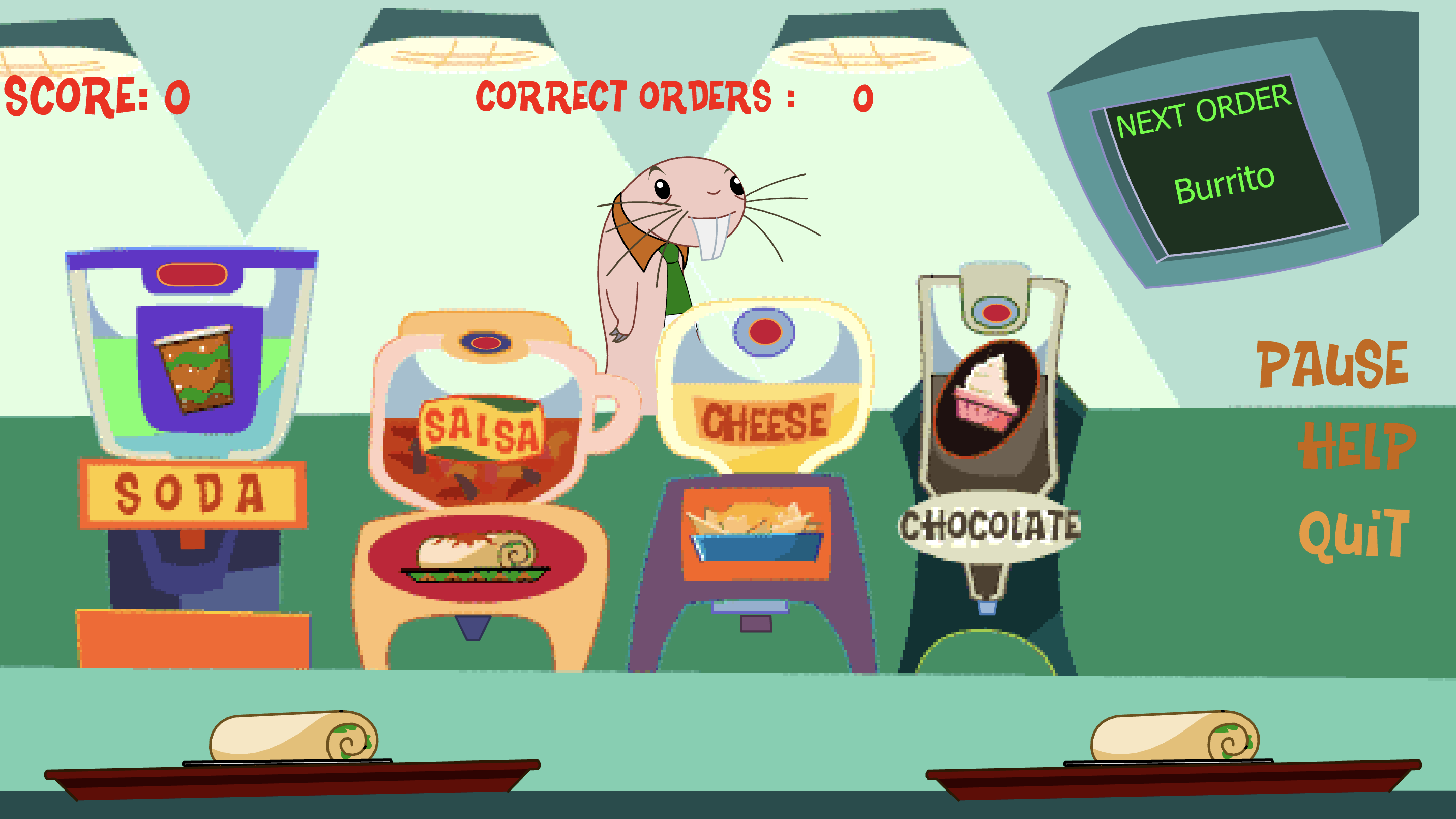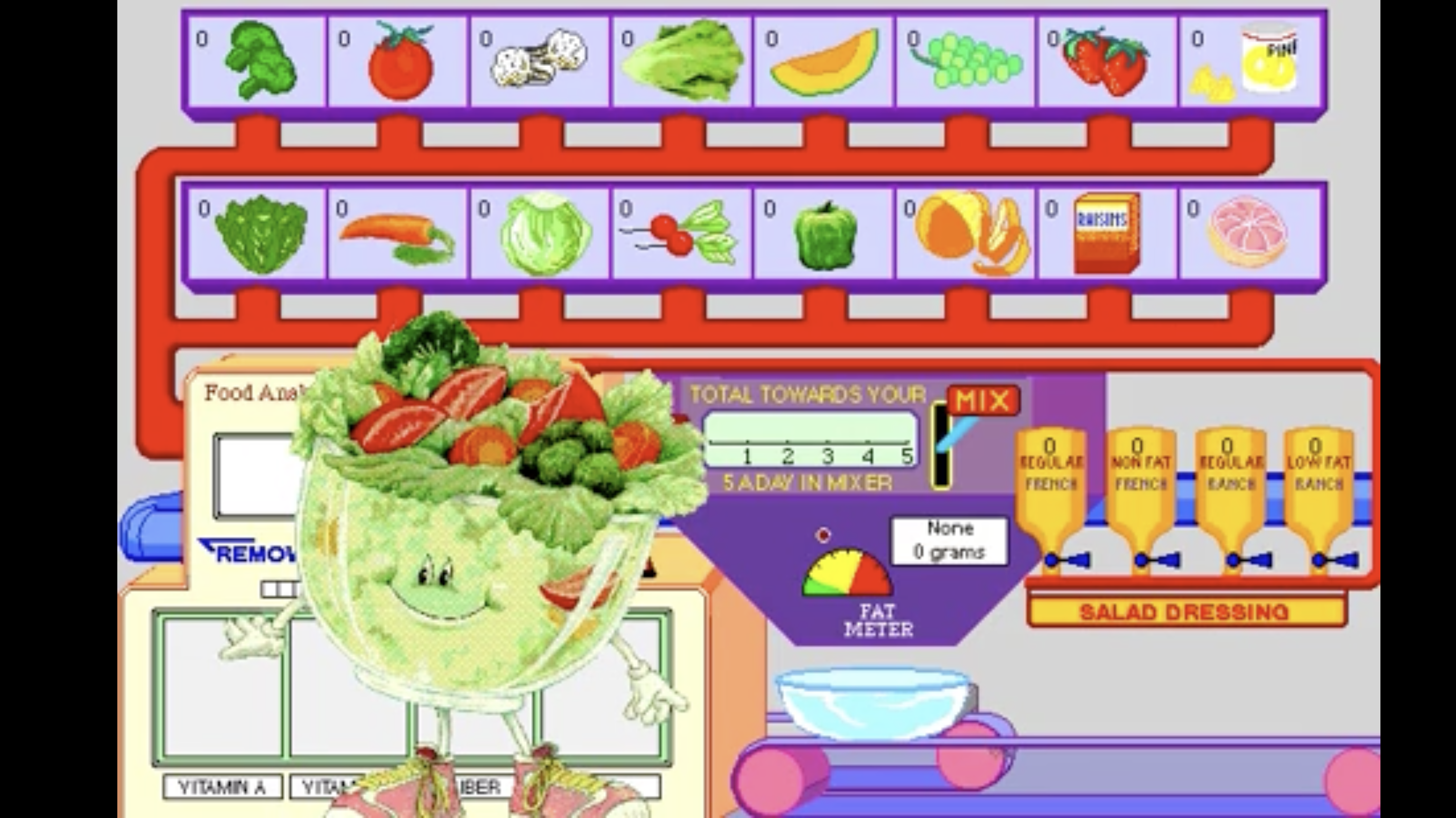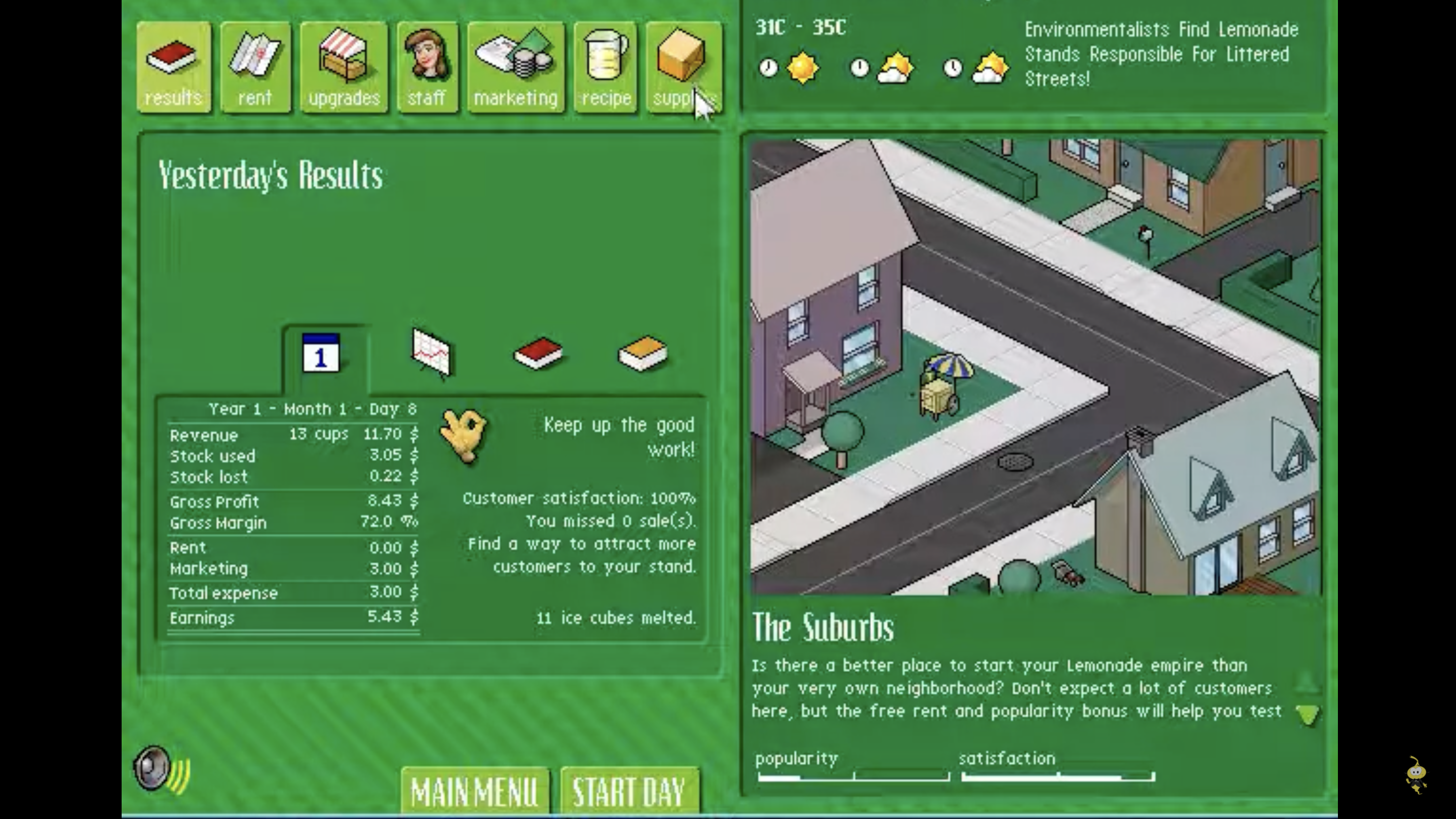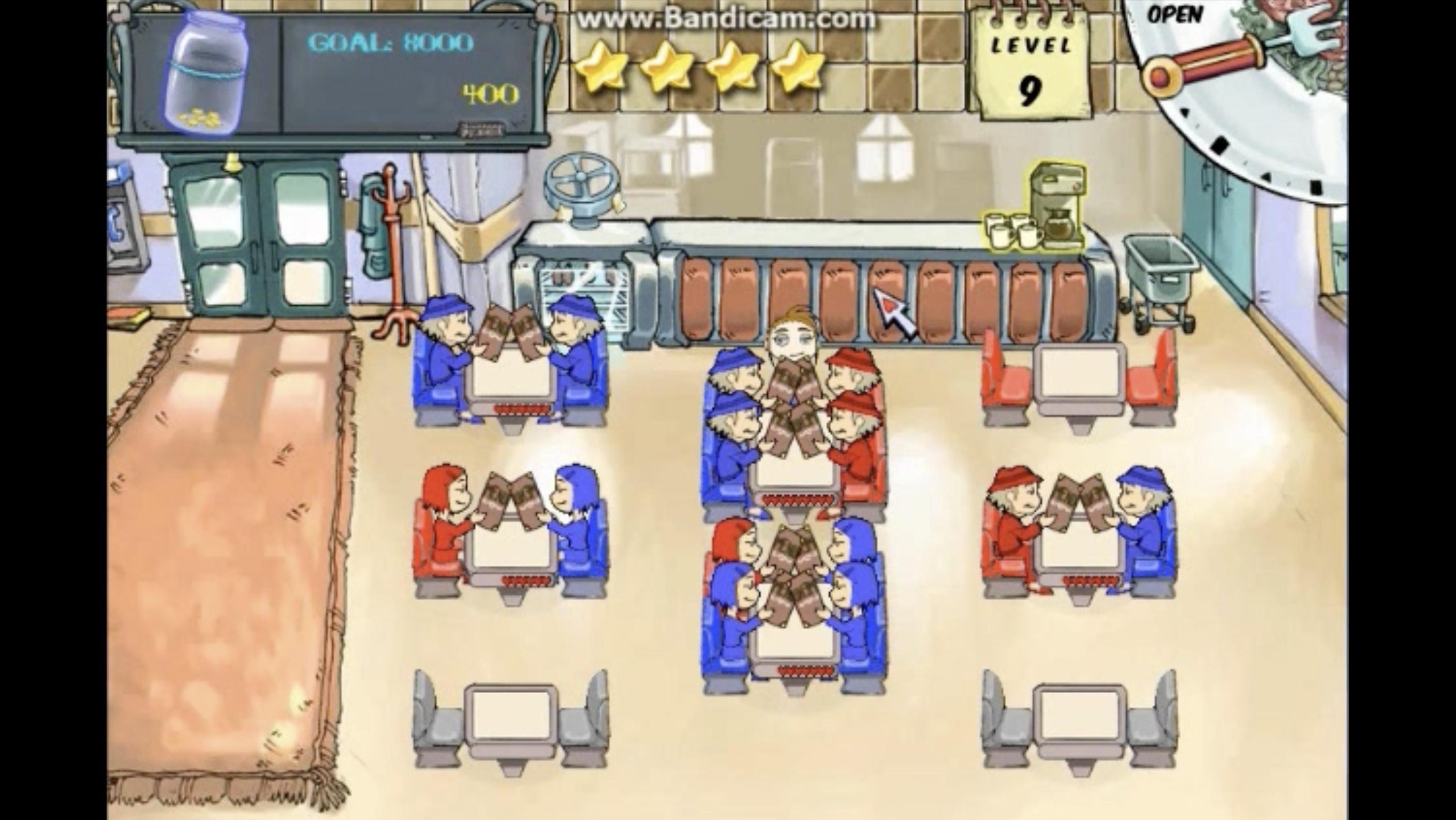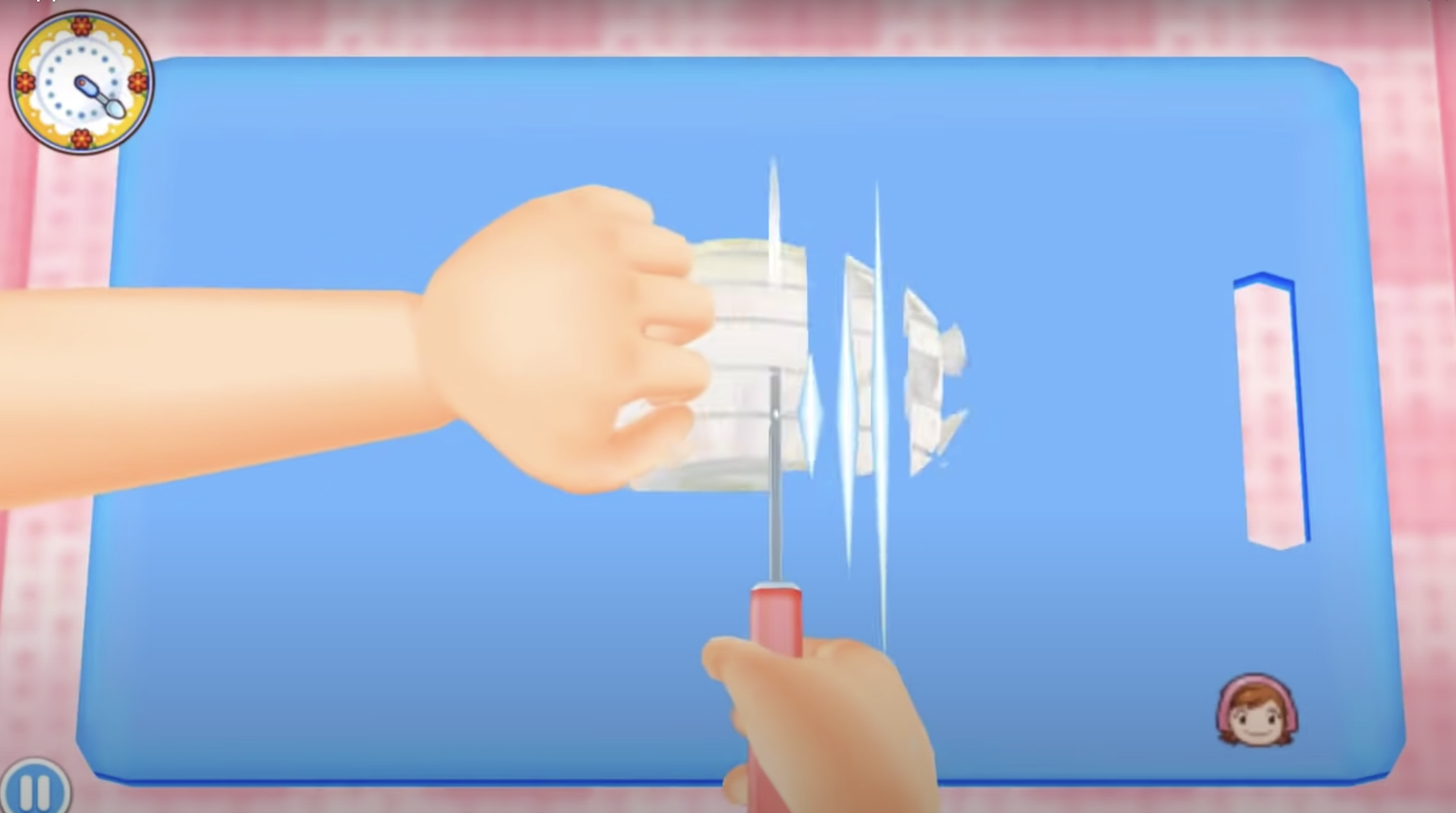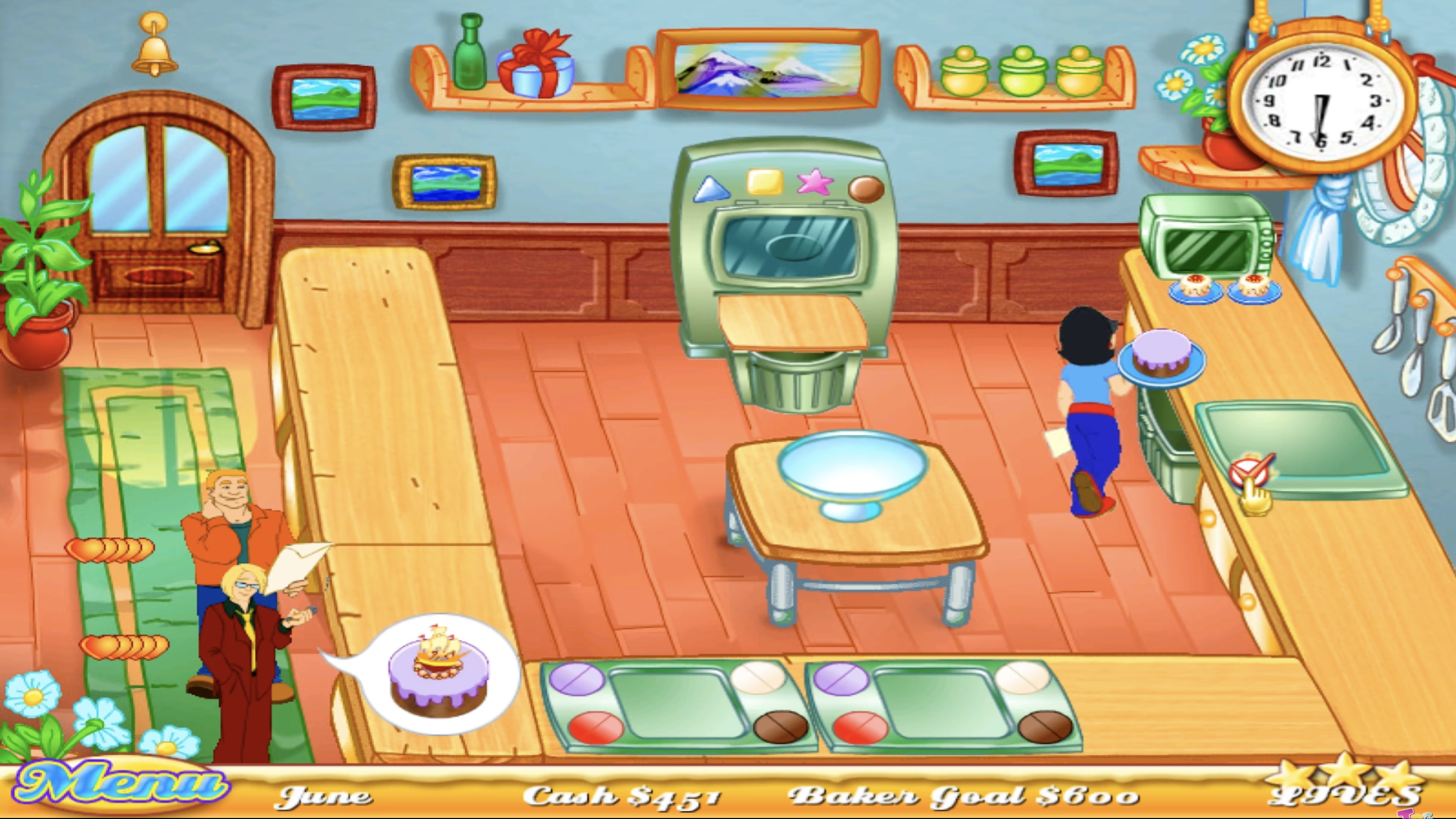8 Lessons Learned From Food Video Games Of The 2000s
Those hours of screen time might have done more for you than your parents thought.
These food-based video games had many of us hooked in the early 2000s. And while our parents might have thought we were rotting our brains, there was a little something to be learned from each one. Whether it was how to be safe in the kitchen or how to run a small business, these culinary computer games did more than worsen our eyesight from too much screen time. These are some of those valuable life lessons.
McDonald’s is evil
In a game most definitely not sponsored by the fast food chain itself, in McDonald's Video Game you could use a flame thrower to brutally kill diseased cows, had the ability to tear down forests despite protests from environmental groups, and watched unhappy employees spit in food. It showed Happy Meal-loving children a different side to McDonald's. According to Wikipedia, McDonald's Video Game was released in 2006 by an Italy-based group Molleindustria. What's most impressive, though, is that McDonald's hasn't yet shut the game down. You can still play it here.
The perfect sandwich is stacked
I thank the Disney Channel for providing some of the best computer games to go along with my television interests as a kid. One of the channel's best games was 625 Sandwich Stacker, which featured an a sandwich-loving alien experiment from the Lilo & Stitch franchise. In the game, sandwich ingredients like tomato, cheese, lettuce, and bacon fall from the sky as you attempt to stack the items on a slice of bread without catching rotten ingredients. What I learned here is that a truly great sandwich is well-stacked and possibly even triple decker.
Some food combos just aren’t right
Bueno Rufus, a food-based computer game with Kim Possible's naked mole rat as the lead character, taught us that as delicious as chocolate can be, maybe it doesn't belong on a burrito. As a kid, you often think mixing your favorite foods together will make for an extra delicious bite. But Rufus taught us that salsa belongs on burritos and not on an ice cream sundae.
Eat fruit and vegetables
Dole 5 a Day Adventures was a CD-ROM computer game that was actually released in the mid-90s but was distributed to children in schools and libraries, so its effects carried into the 2000s. This game was a blatant PR move by Dole Food Company to convince kids that eating fruit and vegetables can be fun and to convince parents that Dole Food Company was doing it for the kiddos. My biggest takeaway from this game was that raisins have no place in my salad.
Running a business takes strategy
Lemonade Tycoon took a lesson that many parents try to let their kids learn in-person into the digital age. The age-old story of a kid starting a lemonade stand to earn a few bucks and learn the value of a dollar was intensified by 100 with this game. Players are meant to grow their little one-person lemonade stand into a full-on franchise while dealing with challenges such as weather, inventory shortages, and marketing needs.
Customer service is key
Diner Dash places its focus on one hero, Flo. Flo quits her fancy corporate job in the hopes of finding a more fulfilling career path. She lands on opening a restaurant and running it completely alone at the start. As Flo, you're meant to seat, take orders from, and serve customers, all while keeping them in a happy mood. As a kid, this game gave a small glimpse into all that servers have to juggle in order to earn tips—great customer service is key to getting the money you need.
Kitchen safety will save your fingers
Though my knife skills are still lacking, Cooking Mama taught many of us that tucking you fingers in while chopping is the safest and best way to dice up your ingredients. In addition to chopping safety, Cooking Mama has also taught many of us that leaving a hot pan unattended will result in burnt food and peeling the shell of shrimp takes some practice. Though the motions are basic, Cooking Mama was a great primer for a childhood interest in cooking, one that's still available today.
Everyone wants cake
Perhaps the actual focus of Cake Mania was to encourage hand-eye coordination or even a grasp of colors and shapes, but what I learned is that everyone likes their cake a specific way. Cake Mania has a simple objective: give people the cake they want. The game also inspired me as a kid to want to bake and decorate cakes with fun colors and details, long before elaborate baking shows took over television.
